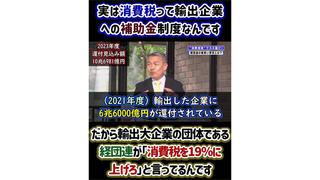
Is it true that neonicotinoid pesticides cause autism in children? No, that's not true: While one study shows that pesticide exposure may be associated with adverse neurodevelopmental effects in children, this is not true for neonicotinoids. While neonicotinoids can be neurologically toxic and can cause respiratory failure in humans, there is no evidence that neonicotinoids can cause autism in humans or children. The only study that exists on the link between neonicotinoid exposure and neurodevelopmental disorders is a study conducted on mice, not humans.
The claim appeared in a video on TikTok (archived here) by user @bryan.johnny.jack.actor on March 8, 2024. The caption (translated from English to Japanese by Lead Stories staff) read:
The American Academy of Pediatrics presented the pesticide that causes autism: neonicotinoid.
This is what the post looked like on TikTok at the time of writing:

(Source: TikTok screenshot taken on Wed Mar 13 22:13:53 2024 UTC)
Neonicotinoids (archived here) are agricultural pesticides that protect crops from insects. Though they are proven to be less toxic compared to other insecticides, there have been reports and cases of neurological toxicity and respiratory failure (archived here).
Nonetheless, there are no studies or research currently available that directly links neonicotinoid exposure with autism. In a 2012 report by the American Academy of Pediatrics (archived here), it was not neonicotinoids that caused adverse neurodevelopment disorders in children but another class of pesticides called organochloride insecticides (Lindane). In another study (archived here), neurodevelopmental disorders have developed through neonicotinoid exposure in an experiment with mice. Still, there is yet to be evidence or reports of human children developing neurodevelopmental disorders through neonicotinoid exposure.












